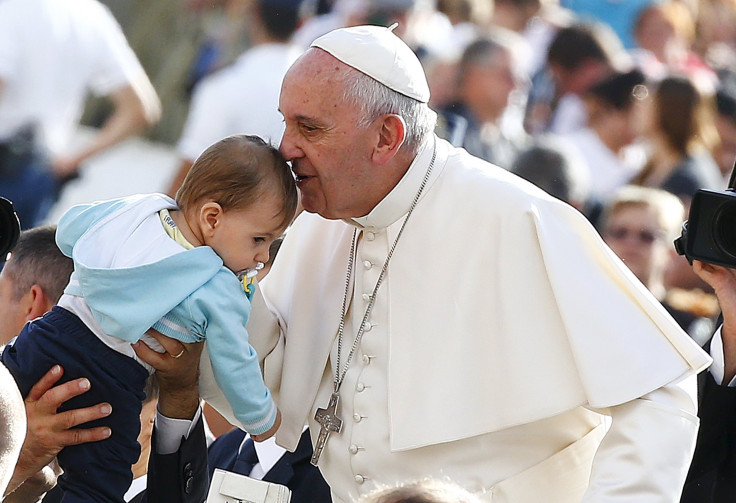Italy Wants To Double What It Pays Families To Combat Birth Rate Decline

Italy really wants its citizens to have more children, and the country is ramping up its commitment to making that happen.
Amid a sharply declining birth rate, the Italian health minister has laid out plans to double the country’s child benefit payment. The hope is that this will encourage more families to have babies, BBC reported Sunday, citing Italy's La Repubblica newspaper.
There were just 488,000 children born in Italy in 2015, down from 509,000 in 2014. Last year, when the number of births was reported, many noted that it was fewer than any year since the modern Italian state was founded in 1861.
“If we carry on as we are and fail to reverse the trend, there will be fewer than 350,000 births a year in 10 years' time, 40 percent less than in 2010 — an apocalypse,” Italy’s health minister, Beatrice Lorenzin, told La Repubblica.
The country began giving parents child benefit payments last year, and families currently receive 80 euros — about $90 — per month. The child credits are available for any babies born between Jan. 1, 2015, and the end of 2017, and families can get them until the child’s third birthday. Lorenzin said she wants to double that amount for low-income families and add a bigger credit for couples who have a second child or subsequent children.
While many might associate Italians with large families, the birth rate for Italian women was 8 per 1,000 people in 2014, compared with 12 for the U.K. and 13 in the U.S., according to data from the World Bank. That year, data also showed that Italian women gave birth to an average of 1.39 children, while the European Union average was 1.58 children.
The Italian government has been hoping to combat its declining birth rate for years. When last year’s data was reported, Lorenzin called Italy close to a “dying country,” the Guardian reported.
But with the country’s sluggish economy, many women have reported not feeling like they have enough money to support a child, and changing cultural norms have allowed women to put off having children to focus on their careers.
Under Lorenzin’s new plan, Italy’s child benefit payments would be available for all children under 3 years old, the BBC reported. But her changes would likely add 2.2 billion euros to the country’s spending over the next six years, something that could prove a challenge given the EU wants Italy to reduce its debt and cut spending.
© Copyright IBTimes 2024. All rights reserved.






















